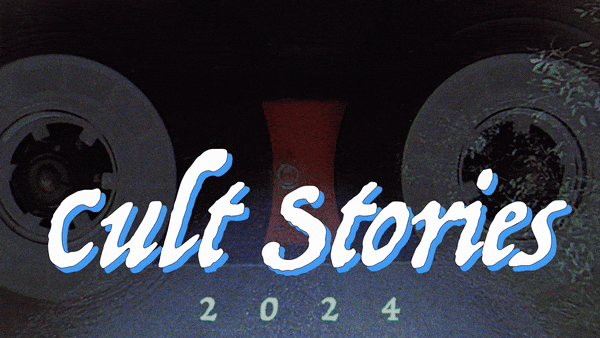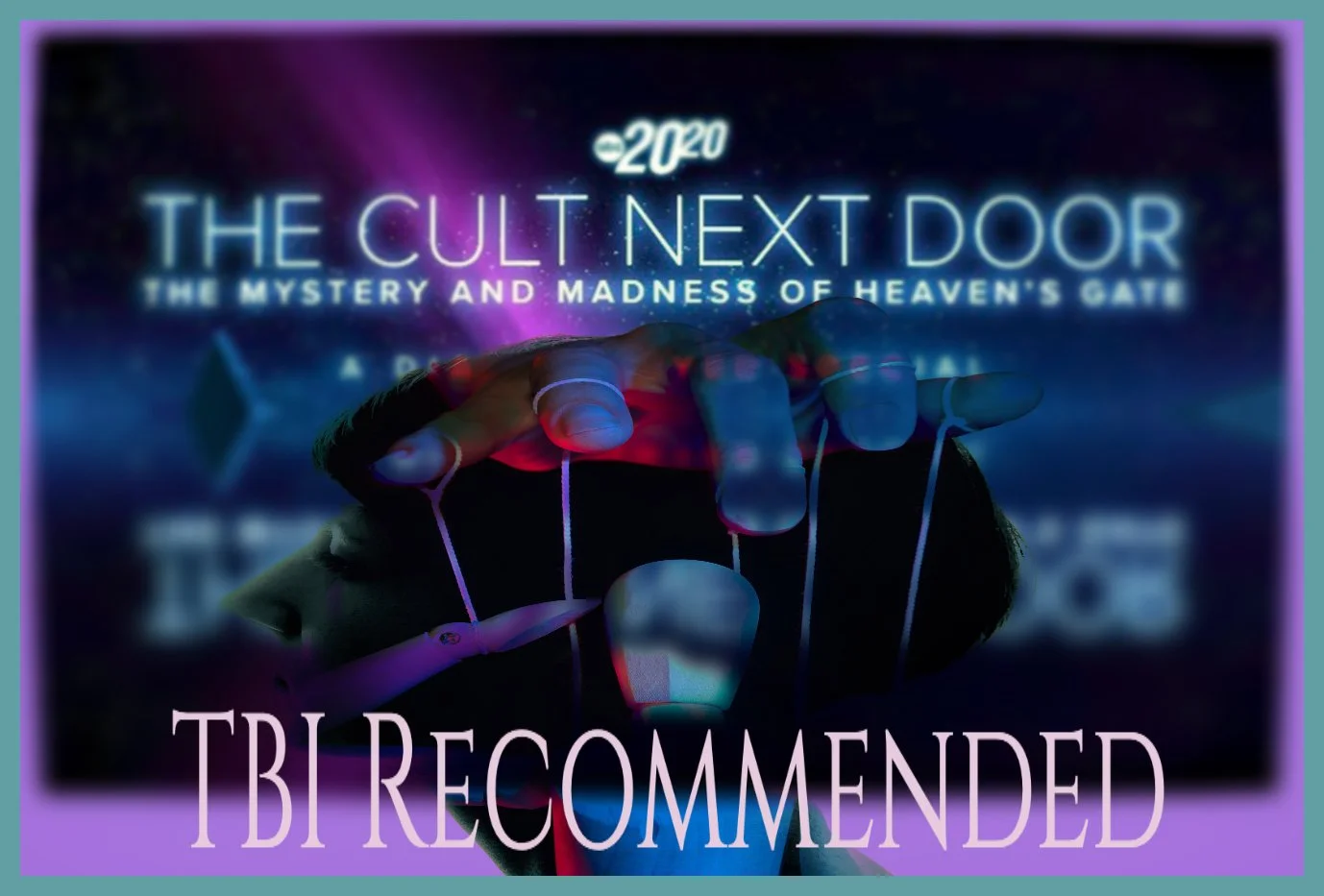TBI Recommended: The Cult Next Door
By Syran Warner
In December of 2020, I interviewed a survivor of The Elan School, which was a cult that masqueraded as a drug and alcohol recovery center for true ruffians in New England between 1970 and 2011. The story I heard was about isolation, intimidation, brainwashing and a theatrical brand of coercive persuasion known as “attack therapy.”
So, how do you label a program like this? There wasn’t much of a religious element to the experience my subject had. He also didn’t single out the leader and he mentioned that some people did find recovery through the system. That said, there was no ambiguity when it came to identifying the group when the abuse came up. To my ears at least, Elan had all the DNA of a destructive cult. Still, I had to ask the cult question directly and the sincere survivor answered without hesitation.
"I don’t know what else you’d call it.”
After the interview I had reasonable expectations for what would be discussed on screen when I sat down for The Last Stop, (available on Amazon Prime) a 2017 documentary about Elan that my subject was interviewed for but not featured in. As I watched the film, much of what I’d heard earlier was verified. The isolation was even worse in the doc than what I expected. Plenty of abuse and manipulation was showcased. “Attack therapy,” which Elan became notorious for, was documented and dramatized in a way that fit the description the survivor gave. The guy who actually ran the school was portrayed as a narcissistic con artist and the rest of the leadership structure checked all the boxes. Elan scored high on the BITE scale.
However, of the 150 minutes the doc runs, the question of how the audience should classify this, uh, bad group thing is given precisely zero seconds of consideration. It’s an oversight that borders on malpractice.
The movie is essentially about a power hungry psychopath obsessed with control who coerces vulnerable people into falling in line with a vision that turns out to be a photo negative of a therapeutic environment, but the word “cult” is never uttered. There’s a talking head or two in the movie to express that the school was essentially a trap, but no one is introduced who can articulate why the abuse was so extreme or why anyone would be motivated to carry it out beyond the money the school made, which is crazy. It would take a dangerous level of optimism to watch the film and leave it thinking what happened at Elan was as tame as tale of capitalism gone awry.
The Last Stop is like a documentary about a serial killer that doesn’t bother to talk to the cops and refuses to use the word “murder.” It’s ridiculous and it turns a story that viewers could have learned something from into a singular episode of chaos without comparison. That’s simply not the case.
Of course, the Elan doc is hardly alone in this regard. There are all kinds of stories about cults that don’t acknowledge that cults exist. You won’t find the “c” word anywhere in American Commune (also available on Prime) either.
Another problem arises with stories about cults that use the proper language to sensationalize but treat the subject as unknowable and cults as warehouses for fools. A longform doc that has a budget but is absent an expert is perplexing and there are lots of those. Worse are the stories where the thesis can be boiled down to, “look at these weirdos.”
A serious offender in all of these camps with a much wider audience than your average documentary is the “Mainstream Network News Magazine.” Looking at you, Lester Holt. Here you’ll find both obvious cult stories where no one seems to know what a cult is AND big cult stories told with the precision of an ax-hammer.
This is to say that my expectations for the new 20/20 special The Cult Next Door about the 25th anniversary of the Heaven’s Gate massacre (available on Hulu) were basement level. I just assumed it would be trash.
As it turns out, I couldn’t have more wrong about this one.
It turns out that not only was this well crafted, it’s almost in the category of the essential. Sure, it’s a bit sensational, it’s fuckin’ 20/20 after all, but so much thought was put into this. Crucially, the special heavily features experts. Not one or two, but a battery of individuals who’ve studied the psychology of cults. Steven Hassan shows up briefly, but in the edit the lesser known social psychologists make a larger impact.
The victims and survivors are all treated with grace too. It’s so easy to make caricatures out of the people involved in such an extreme group, but The Cult Next Door takes the time to humanize it’s subjects with home videos in way that’s truly intimate. I thought it was fabulous that the special included a few “this could happen to anyone” moments, which can be difficult to squeeze in when talking about something as outside the box as Heaven’s Gate.
No, the special doesn’t get extra credit for calling one of the most notorious cults of all time a “cult,” that’s a gimme. What’s actually impressive is how interested the creators are what it means that the group is a cult. You never see that in mainstream television. And that’s the biggest reason this is being recommended. This show is built for the widest of audiences and everyone who sees it will learn something.
It’s wonderful. 9 Patty’s out of 10.


